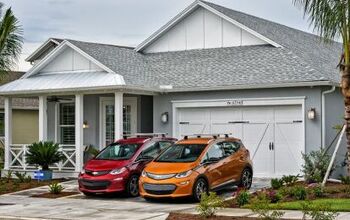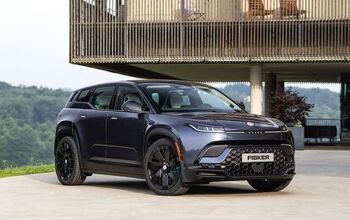Are Electric Cars Really Helping the Environment?
A recent study by the Keck School of Medicine of USC provides new insights into the potential benefits of electric vehicle (EV) adoption. The research, published in the Science of the Total Environment journal, presents the first real-world data linking EVs to reductions in air pollution and respiratory issues. This study marks a significant step in understanding the impact of electric cars on public health and the environment.
Understanding the Impact: Research Methodology
The researchers used multiple data sources to conduct their analysis. They gathered information on the total number of zero-emission vehicles (ZEVs), which include battery electric, plug-in hybrid, and hydrogen fuel cell cars, from the California Department of Motor Vehicles. The team also analyzed air pollution levels, focusing on nitrogen dioxide (NO2), and the rates of asthma-related emergency room visits across various California zip codes from 2013 to 2019.
Findings: Reduced Pollution and Health Risks
The results revealed a clear pattern: As the adoption of ZEVs increased within a zip code, there was a notable decline in local air pollution and asthma-related emergency room visits. Specifically, for every additional 20 ZEVs per 1,000 people, there was a 3.2 percent reduction in the rate of asthma-related emergency visits. Furthermore, the study showed a modest decrease in NO2 levels, a pollutant closely linked to traffic emissions.
Socioeconomic Disparities in ZEV Adoption
However, the study uncovered an adoption gap in ZEVs, with slower uptake in lower-resource areas. This gap highlights a need for policies that promote equitable access to clean transportation, particularly in communities disproportionately affected by pollution and related health issues.
Future Research and Broader Implications
While the study's findings are promising, the researchers acknowledge that more investigation is needed. Future research should explore additional pollutants, other vehicle classes, and broader environmental impacts of ZEVs, including the emissions from their production and disposal.
Conclusion
The study by the Keck School of Medicine of USC offers another case for the adoption of electric vehicles, not just for environmental reasons but also for public health benefits. It underscores the importance of considering local actions in the global fight against climate change and highlights the potential for significant health improvements through technological advancements in transportation.
This article was co-written using AI and was then heavily edited and optimized by our editorial team.
More by TTAC Staff
Latest Car Reviews
Read moreLatest Product Reviews
Read moreRecent Comments
- Ptcruiser Put a PTEazer nose on it and let Chrysler sell some. Make it a 2 seater with no back seats. Have two or three battery pack versions. Affordable 140 mile pack. 180 mile pack. 240 mile pack. All versions to offer plug in behind seats, pack plug ins under flat storage floor, for EGO batteries for extended range. Room for 4 or 5 across and 2 or 3 rows back. Apartment life could have two home chargers to charge up multiple EGO batteries. EGO batteries would recharge main packs when main packs are below EGO battery level. One way power draw. Since Apartment life is without charging abilities.
- Varezhka Not the biggest surprise, considering that the new 500 is a platform sibling of a similarly sized (but dead) Opel Adam. And Italy, its biggest market, is not the best market for BEVs. Curious if it will be the same 1.2L I3 mild hybrid as the bigger 600.
- El scotto Does it have buttons for HVAC and infotainment controls? Steering wheel controls count.
- SCE to AUX Fiat USA is a joke, and may not exist in 2026. They could put a Hemi in a 500 and nobody would buy it.
- SCE to AUX "CEO Atsushi Osaki said Subaru remains committed to its horizontally opposed engine because it's a brand-building icon....Mazda CEO Masahiro Moro said his company will develop future versions of its trademark rotary engine to run on carbon neutral fuels and combine with electrified hybrid setups."These statements say a lot about how lost these companies are.[list][*]Subaru sticks with the boxer because it's an 'icon', not because of any technical merits?! Sad - the boxer is a loud, inefficient engine - so they're right. Does anyone actually buy a Subaru for the boxer engine?[/*][*]Mazda predictably killed the rotary range extender on the extinct MX-30 because it couldn't pass emissions. That's the story of its life. It's a terrible engine, but Mazda slavishly wastes money on it every year.[/*][/list]


































Comments
Join the conversation